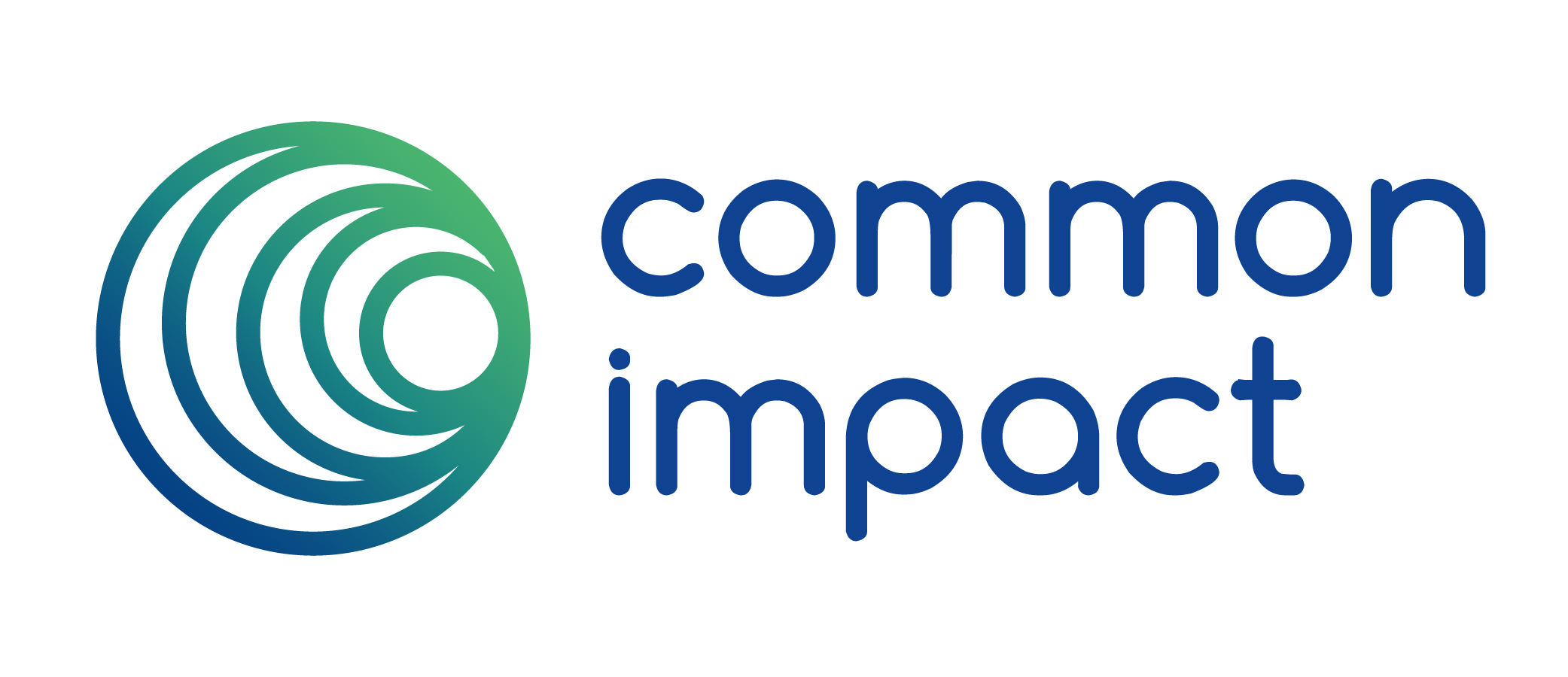Impact at Work Partnership Spotlight: PENCIL and JPMorgan Chase & Co.

Impact at Work Partnership Spotlight: PENCIL and JPMorgan Chase & Co.
by Lauren Chasanoff, Common Impact
JPMorgan Chase has partnered with Common Impact since 2014 to develop and implement the Virtual Service Corps (VSC), a skills-based volunteering program where employees utilize their talents and expertise to virtually support JPMorgan Chase’s nonprofit grantees in building capacity to serve the community.
Through the VSC, JPMorgan Chase has deepened its relationship with its grantee partner, PENCIL, who is the leader in creating innovative and impactful models of collaboration between the business and education communities.
This quarter, Common Impact is highlighting the JPMorgan Chase and PENCIL partnership to showcase how skills-based volunteering engagements can deepen a cross-sector relationship. Gregg Betheil, President of PENCIL and three-time VSC participant, shares his perspective.
1. How have you continued to develop a mutually beneficial partnership with JPMorgan Chase? What would you say are the top characteristics for a strong cross-sector partnership?
PENCIL has had a longstanding relationship with JPMorgan Chase. We have senior leadership from JPMorgan Chase on our board and volunteers who are actively involved with our program offerings in the classroom, but through our recent pro bono projects, we have been able to engage volunteers on a deeper level. While getting involved hands-on in our programming is really important, we recognized that bringing in volunteers to address key functional challenges would give us the tools to effectively fulfill our mission. For a company the size of JPMorgan Chase, it is often difficult to navigate the various volunteer opportunities available and our collective partnership with Common Impact gave us an opportunity to both broaden our existing partnership and tap into an employee base that is interested in skills-based volunteering.The core characteristics of a strong cross-sector partnership are relationship management, open communication, and clear expectations. We have an appreciation for the role that intermediary organizations can play in facilitating relationships and Common Impact’s support was key for us to deepen our partnership through skills-based volunteering. With Common Impact, we were able to ensure we were ready as an organization to receive pro bono support from JPMorgan Chase, set clear project expectations, and translate pro bono into impact.
2. Are there examples of situations where you had to push back in order advocate for your needs as an organization? How did you manage the communication with your corporate partner?
One of the reasons that our three projects were so successful is that Common Impact and PENCIL created a culture of open communication with the VSC volunteers. We felt we could be honest with them in our conversations about which projects we needed support on and where we were experiencing challenges. It is often hard for nonprofits with an existing partnership to open up about challenges in fear of damaging the relationship, but creating this open line of communication from the beginning instilled a sense of trust.
With our first VSC project, which was focused on market research, we found that there was a lot of cross-sector learning. Initially, the JPMorgan Chase team brought a partial solution to us that did not fit within our realities. From there, we had to be upfront about the resource constraints in a nonprofit environment, but we also needed to trust that the volunteers had expertise to offer us that could address our organizational challenges. This ability to provide open feedback was critical for us to advocate for our needs. In the end, the volunteers were determined to produce a quality product for us and they allowed us to reevaluate how we are marketing ourselves as an organization. If either side didn’t have trust in the process, our push back could have been perceived as negative feedback, but both parties were open to exchanging ideas to drive the project forward.
3. What advice would you give to other nonprofit organizations looking to develop a long-term relationship with a corporate partner?
My first piece of advice is to consider how pro bono could be beneficial to your organization. If you haven’t done it before, give it a try and do it on something that is small in scope, but a big priority for your organization. Devote the right energy and resources to making it a success and intentionally think about how it fits within your organization’s strategic goals.
The next is to distinguish between the people and the company. It is easy to get directly to the individual volunteers, but their skillset may not be what you need on your next project. Developing a relationship with the company as a whole is really important, as they have a diverse set of capacities and resources. Encourage your partners to be committed to your organization beyond pro bono, whether they are connected to a specific program, provide funding or become board members. Think about the entry point to your work and collectively strategize as a staff how to grow and develop the relationship over time. It’s like building a house – if you have a good foundation you can build up from there and if you are starting at the top, you need to work on building the foundation under it
Interested in hearing more about PENCIL’s story? Join our upcoming webinar on Strategic Planning with Pro Bono on Tuesday, April 4th at 12:30pm EST!

